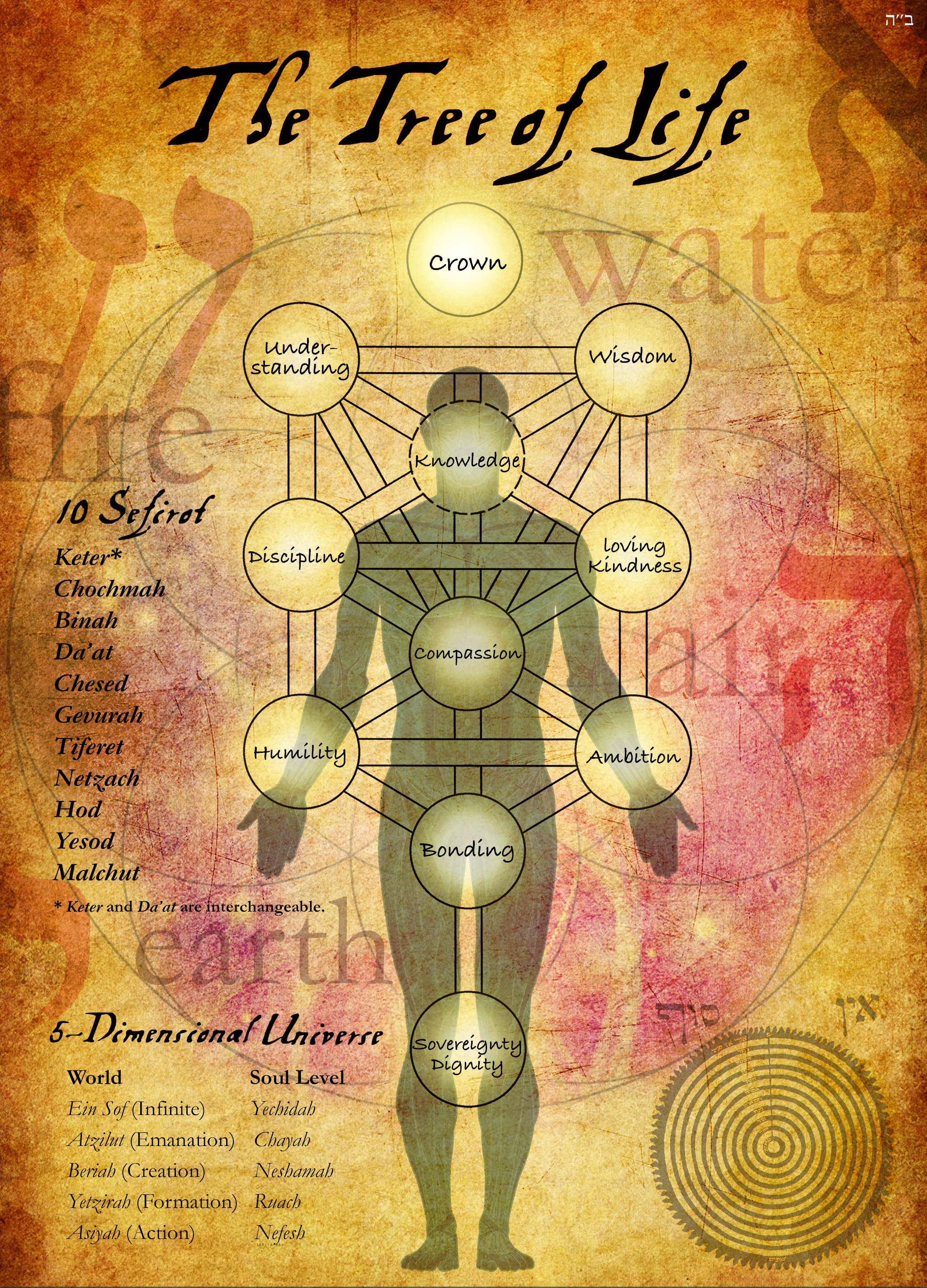The current news raging about the strong possibility of life on Mars has provoked discussion in all circles. The religious implications of the prospect of extraterrestrial life are particularly interesting.
But while we ponder this phenomenon and its many ramifications, there arises an intriguing question: Are there any references in ancient wisdoms and sacred texts to life on other planets? Perhaps more importantly: Is the search for extraterrestrial life just an exercise in curiosity, or is it important to our lives as human beings on this Earth?
It may seem surprising, but on one rare occasion the Grand Rebbe of Lubavitch, Rabbi Menachem Mendel Schneerson, a foremost religious authority and visionary of our times, discussed this issue in detail.
The Rebbe was known for both his intense knowledge of Bible and Talmud and his secular scholarship having graduated Berlin University and the Sorbonne with advanced degrees in the sciences. He often addressed timely events and scientific developments, and in his unique style would explain the personal and practical applications of any given issue.
In the summer of 1969, after the second landing on the moon, the Rebbe addressed the topic of extraterrestrial life. Citing his fundamental belief that the Torah — the Bible — is the spiritual blueprint of the universe, the Rebbe explained that delving into the Bible can yield allusions or even direct references to scientific discoveries. After all, science, essentially, uncovers the divine secrets of nature that have lain hidden in existence from the beginning of time.
In the case of extraterrestrial life the Bible clearly refers to its possibility, and even to its actuality. In the book of Judges, chapter 5, the prophetess Devora sings a song of praise to God for helping Barak win his battle against his enemy Sisera. In verse 20 she sings: “The stars in their course fought against Sisera.” And then in verse 23 she continues: “Curse Meroz, said the angel of the Lord, curse bitterly its inhabitants, because they did not come to the help of the Lord…against the mighty men.”
And who is this Meroz? According to one opinion in the Talmud — the authoritative oral interpretation of the Biblical texts — Meroz is a planet (tractate Moed Katan 16a). Accordingly, the “inhabitants” of “Meroz” indicates life on another planet.
The context in which the reference to Meroz is found compels the Talmud to define it as a planet (and not as a neighboring city), as it is preceded by the verse that states “the stars in their course fought against Sisera.” Thus, it follows that Meroz refers to a celestial body whose inhabitants did not come to Barak’s aid.
Another issue Rabbi Schneerson addressed was the personal implications should extraterrestrial life be found. In keeping with his message that we must utilize any new discoveries for constructive personal growth, the Rebbe applied this to the search for other life. He predicted that if any extraterrestrial life forms are discovered, they will be life forms other than human. This is based on the Biblical belief that human life, empowered with the ability to choose between good and evil, was bestowed exclusively upon Adam and Eve on Earth. All other creatures follow a “program” inherent in their natural makeup; the laws of nature that (when untouched by human hands) maintain a natural balance. The human race is unique in that it was given free will and given the Torah, God’s word and law, by which to know right from wrong. Indeed, Rabbi Schneerson went on to explain that the human being is the “center” of creation, not necessarily in a spatial sense, but qualitatively: Man has the power to dominate and influence the course of nature, either constructively or destructively. Thus, any discovery of extraterrestrial life only intensifies our responsibility to protect, refine and elevate the entire universe in all its elements — mineral, vegetable and animal — and transform them to channels of divine energy by utilizing them for living better and more virtuous lives.
Each person, the Rebbe elaborated, is a microcosm of the entire universe and all its myriad details. Man is a small universe; the universe is a large organism. We are interlinked and interdependent with the world in which we live. And the world is uplifted through our own personal refinement. The larger the magnitude of the cosmos and galaxies, the greater are the opportunities in understanding ourselves. As we pursue the perpetual human quest toward the unknown — and the new, exciting discoveries that unfold along the way — the more we are struck by the sheer awe of existence and of the Divine wisdom driving this grand design. And the more this underscores the power entrusted in us: to sanctify the world in which we live — integrating inner and outer space.
Clearly, humankind will continue to search for other life in the galaxies. It seems that intrinsic to human nature is the innate, compelling drive to know what other life exists besides our own. The Lubavitcher Rebbe’s talk in the summer of ‘69 asks of us to recognize a deeper significance in this never-ending search: How this search — which stretches back to Biblical times — should evoke in each of us a greater sensitivity and commitment to life all around us, near and far.








Dear like minded-ones,
I am just discovering your website, so filled with love for life that it is a pleasure to come back to it over and over again. Thank you for making this possible and accessible to everybody!
My question: Rebbes understanding that we are unique on Earth seems at odds to me to him citing the story of people of Meroz who did not come to help Barak. If they exist, then they must have chosen to not do so. If they are not bestowed with free will to choose, I see no reason to condemn their action.
Please correct me, if/where I am wrong.
Shalom,
Martin
I have been convinced for a long time now that there is other life than on earth. I believe in the bible as a historical record, and if one looks in the old testament, the evidence is all there.
(1)The sons of god taking wives of the duaghters of men
(2)Ezekiel taken aboard a craft and transported to the river Chebar.
(3) Jacobs fight with the angel who put his hip out of joint
(4)The men who visited Sodom and Gomorah. Just to name a few.
I am relieved to know there are others who think there is life elswhere.
Tell me how I can learn more.
Thanks, Jon
Meroz is an Israelite town in Naphtali. Because of its refusal to help the army of the Lord, Meroz was cursed. Other cities were also punished severely for refusing to participate in the wars of the Lord.